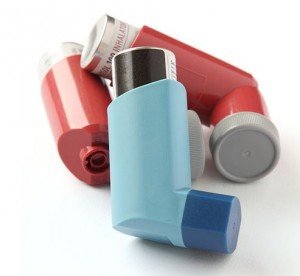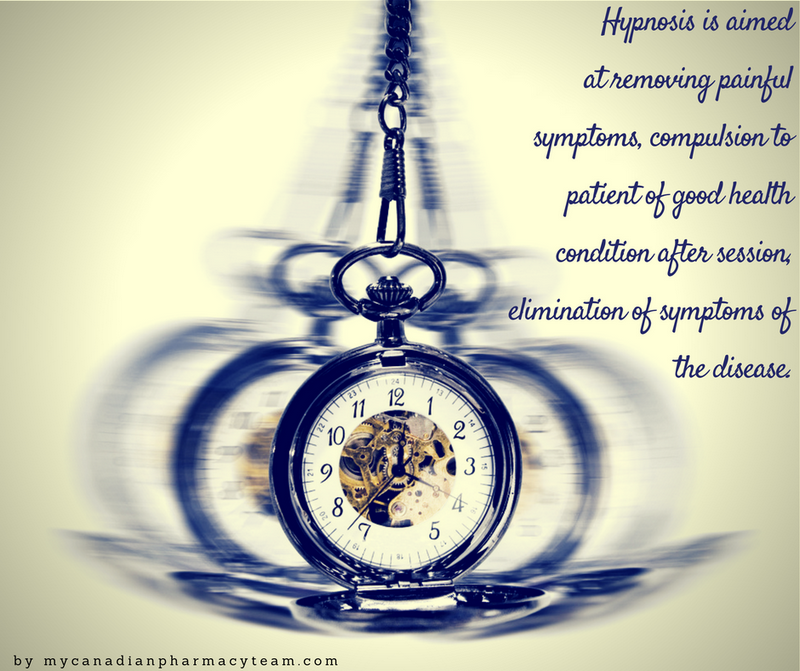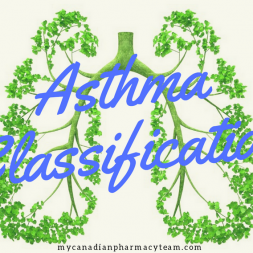Bronchial asthma is a chronic allergic inflammatory airways disease, at which their sensitivity to many stimuli increases; the main manifestation of the disease is more or less paroxysmal bronchial capacity disorders, which is clinically expressed in repeated episodes of breathlessness, wheezing and coughing.
The number of people suffering from this diseases can impress anyone – at least 300 million people (5 to 15% of the world population). Over the past 15 years, the number of cases has doubled. And there are no tendencies for this disease incidence to decrease…
When it is difficult to breathe – life becomes a painful existence. Asthma may accompany person over decades and to defeat this serious illness is not an easy task. And to allow your lungs to breathe freely, you only need to ask for help.
Asthma Symptoms
 Common symptoms preceding the disease:
Common symptoms preceding the disease:
- episodic wheezing and dyspnea;
- nocturnal cough attacks;
- tightness in the chest after contact with an allergen;
- itching;
- nasal congestion;
- rhinorrhea (constant watery mucus nasal discharge)
Asthma: Psychosomatic Pathology
One of the diseases related to the main group of psychosomatic diseases is bronchial asthma. In most cases, an important role in attacks is played by neuro-psychological factors (attacks dependence on psycho-emotional effects, time of day, specific situation, etc., i. e. presence of a conditioned reflex mechanism of attacks occurrence).
Therefore in asthma, especially considering its therapeutic resistance in some patients, psychotherapy is indicated. Use of hypnotherapy in patients with this condition has not only confirmed the effectiveness of this method for this disease but also helped to develop specific indications for hypnosis application:
- the absence of acute infectious processes in the respiratory tract;
- sufficient patient’s hypnotizability and responsiveness to suggestion, as well as desire to be treated by hypnosis;
- a distinct psychological component in disease pathogenesis and progression;
- presence of a conditioned reflex mechanism of repeated attacks.
Emotions Influence on Respiratory Function
How emotions affect our respiratory function is well known in everyday life. It is referred to such symptoms as sudden breathing cessation at strong emotions, usually called with words: breath was taken away, itching in the throat and wheezing in the chest. As soon as the patient is overwhelmed with a surge of emotions, he begins to suffocate, starts to cough and observes symptoms of asthma in full. Because of this close connection between respiratory and expressive and emotional functions, it is likely that when most respiratory diseases and disorders occur an important role is played by psychological factors.
In a systemic treatment of diseases, various methods of psychotherapy are widely used: hypnotherapy, autogenous training, teleotherapeutics and self-hypnosis and others. Hypnosis for asthma in patients with psychosomatic diseases positive results are observed. Basically all it is connected with overcoming fixed anxiety reactions. With hypnosis, you can influence psychopathological disorders: fear, fatigue, depression, hypochondria, and others.
Hypnosis and Asthma Treatment
Among diseases, at which mechanism of nervous system plays an important role, there is asthma. This disease manifests itself in suddenly advancing attacks of breathlessness, which last for minutes, hours or even days.
Often, applying to human mind can help in getting rid of painful symptoms. But sometimes, a patient says: I understand, but I can not help it, I’m still afraid, etc. One of the psychotherapy methods is aimed at emotional, volitional, deep personal components is hypnotherapy, that is, using hypnotic sleep for therapeutic purposes, which provides therapeutic compulsion, aimed above all at removing painful symptoms, at compulsion to a patient of good health condition after a session, elimination of symptoms of the disease.
Not to go deep into hypnotic sleep mechanism, My Canadian Pharmacy notes that at auditory perception, short phrases are effective enough to eliminate fears of some actions, gain self-confidence, ability to solve problems and even change internal organs functioning.
Introduction to the system of rehabilitation measures in asthma contributes not only to patients’ condition improvement but also to relapse prevention. It is important to prevent stress, which often plays an important role in the occurrence and progression of the disease.
As for patients with bronchial asthma, which progresses with attacks of breathlessness or dyspnea, family therapy is better, since attacks are often caused by a negative impact of family members behavior on the patient.

Disadvantages of Drug Therapy in Bronchial Asthma
Anti-allergic and anti-asthma drugs – antihistamines, inhaled hormones (inhalers), etc. – can reduce or eliminate symptoms of allergies and asthma, but these drugs do nothing to completely free you from illness. Drug treatment of allergy or bronchial asthma involves the continuous use of drugs, but all drugs help you only as long as you apply them. The disease does not go anywhere, it just sleeps – like a man prone to insomnia sleeps when taking sleeping pills – and the more time you take these medicines, the greater dosage of these drugs you need and period of time when you can do without them is reduced. Medications relieve symptoms, but the cause of asthma is not affected.
The patient does not care about scientific theories. He wants to be healthy and happy. In asthma treatment, hypnosis effect can be startling!
Posted by Dr. Himanshu Singh

 English
English Deutsch
Deutsch Français
Français Italiano
Italiano Español
Español Svenska
Svenska Português
Português 日本人
日本人 Dansk
Dansk Norsk
Norsk Suomi
Suomi Czech
Czech


